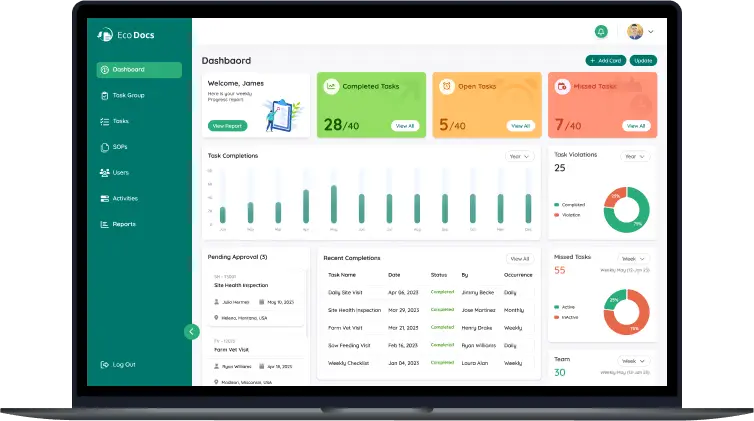
Image Source: Google
Compliance is a critical aspect of any business operation. It ensures that companies adhere to regulations and standards set by governing bodies, industry authorities, and internal policies. However, managing compliance can be a complex and time-consuming task, especially for organizations with multiple locations, departments, and regulations to comply with. This is where audit scheduling software comes in to streamline and simplify the compliance process. Refer: https://www.monitorqa.com/feature/smart-audit-form-builder/.
With audit scheduling software, companies can take control of their compliance process by automating and organizing audits, inspections, and assessments. This software allows businesses to schedule audits in advance, assign tasks to specific team members, set deadlines, and track progress in real time. By centralizing all compliance-related tasks in one platform, companies can improve efficiency, ensure accountability, and reduce the risk of non-compliance.
One of the key features of audit scheduling software is the ability to customize audit templates to match the specific requirements of different regulations and standards. This flexibility allows organizations to tailor audits to their unique needs, ensuring that all compliance aspects are covered during the audit process. Whether it's ISO standards, industry-specific regulations, or internal policies, audit scheduling software can be configured to meet the specific compliance requirements of any organization.
Another advantage of audit scheduling software is the visibility it provides into the compliance process. Companies can generate reports and dashboards that provide real-time insights into audit status, findings, and trends. This visibility enables organizations to identify areas of non-compliance, take corrective actions promptly, and monitor the effectiveness of their compliance efforts over time. By having a clear overview of their compliance status, companies can make informed decisions and demonstrate compliance to regulators, auditors, and stakeholders.
Furthermore, audit scheduling software helps companies stay ahead of compliance deadlines by sending automated reminders and notifications to responsible team members. This proactive approach ensures that audits are completed on time, corrective actions are taken promptly, and compliance risks are mitigated effectively. By automating these reminders and notifications, companies can avoid the risk of missing deadlines, facing penalties, or damaging their reputation due to non-compliance.
By adopting audit scheduling software, companies can also improve collaboration and communication among team members involved in the compliance process. This software enables team members to collaborate on audit tasks, share documents and findings, and communicate seamlessly within the platform. With a centralized system for collaboration, companies can ensure that all team members are on the same page, working towards common compliance goals, and fostering a culture of compliance within the organization.
Moreover, audit scheduling software provides companies with the ability to conduct remote audits, inspections, and assessments. This feature is especially valuable for businesses with multiple locations, distributed teams, or travel restrictions. By conducting remote audits, companies can save time and resources, reduce the carbon footprint associated with travel, and ensure that compliance is maintained across all locations without the need for physical presence.
In conclusion, audit scheduling software is a powerful tool that can help companies take control of their compliance process. By automating and organizing audits, customizing audit templates, providing visibility into compliance status, sending reminders and notifications, improving collaboration, and enabling remote audits, this software streamlines the compliance process and ensures that companies meet regulatory requirements effectively. For businesses looking to enhance their compliance efforts, adopting audit scheduling software is a strategic investment that can drive efficiency, mitigate risks, and demonstrate a commitment to compliance excellence.